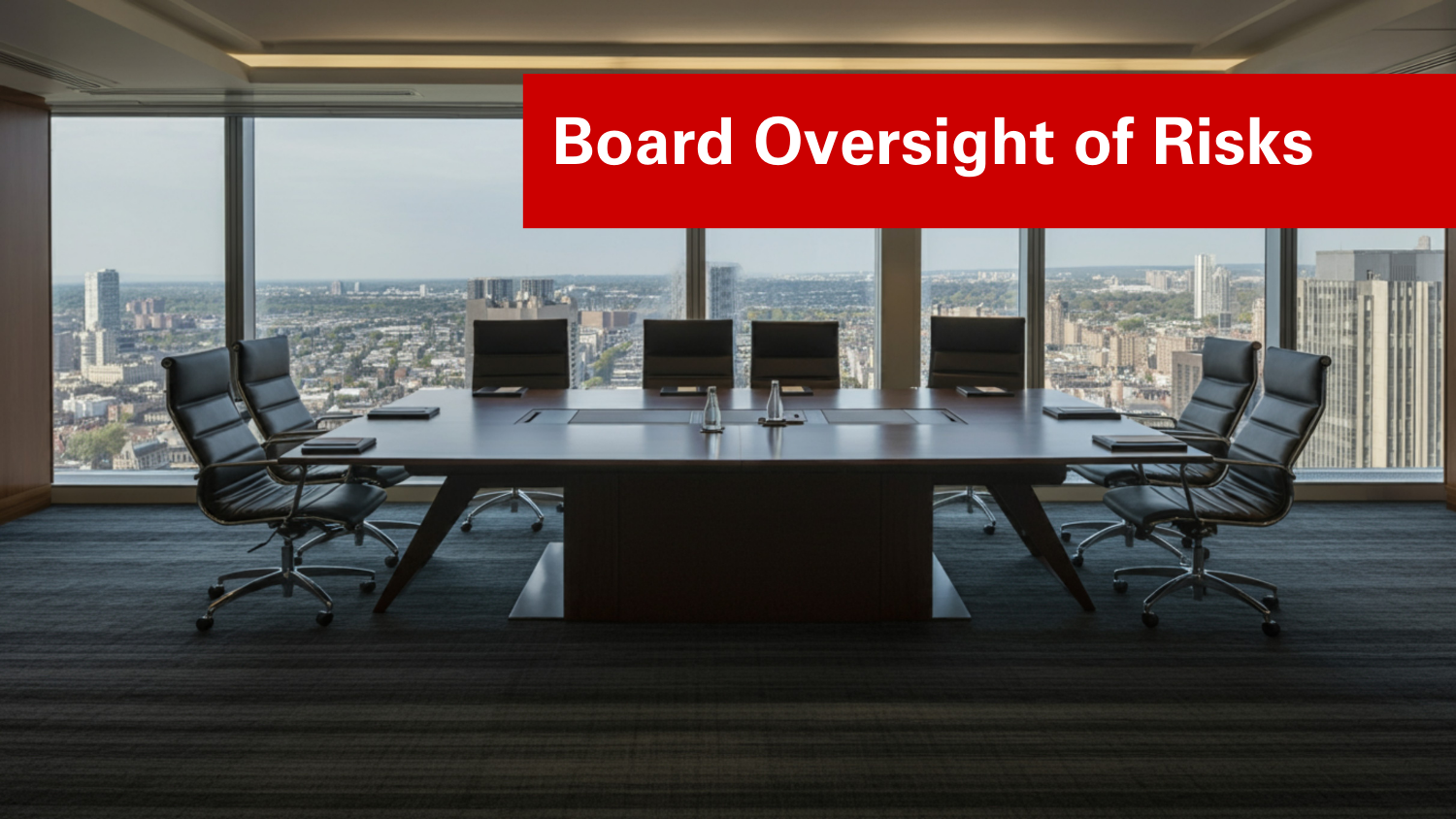The CFOs Relationship with the Audit Committee for Effective Risk Management
The increase in regulation in recent years has caused the partnership between the audit committee chair and CFO to be more significant than ever before. Members of the audit committee are critical players in the today’s environment especially as it relates to board risk oversight and CFOs are demanded to have a better understanding of risk in the boardroom.
This article published by The Korn/Ferry Institute demonstrates how the board relies on the CFO to be the conscience of the company. Discussions with veteran CFOs and audit committee chairs revealed five best practices for building a strong and practical rapport between the CFO and audit committee. Correspondingly, the guidance related to enterprise risk management can be especially valuable for other executives in the company.
- Have an owner’s mentality: Audit committees are especially committed to oversight on behalf of shareholders and they expect CFOs to do the same. CFOs that follow CEO-level thinking, in thoroughly understanding the business, have a more powerful impact. The primary objective of a business is to drive intrinsic value- this requires a complete understanding of the company’s environment and the industry’s competitive atmosphere.
- Push past the must-do’s: While a large responsibility for CFOs deals with regulatory issues, board members want them to push discussions toward matters that drive the business toward increased profitability. A business-driven view will result in a more proactive agenda between the board and CFO. Chuck Noski, a former CFO, encourages audit committees to complete an annual “self-assessment process” by identifying audit related priorities, in order to set the agenda for the coming year.
- Get your hands around risk: This practice best highlights the CFO’s role in risk management. ERM continues to be a growing priority in corporate governance today. The relationship between the audit committee and CFO is dependent on their shared responsibility in managing risk.
Liz Doherty, the CFO at Reckitt Benckiser, states that the audit committee sees the finance function as “the guardians of the risk process.” The audit committee and CFOs must identify all of the critical risks, and the finance team has the best view regarding cash, going concern, liquidity, and other balance sheet concerns. In order to successfully mitigate the most critical risks, there needs to be effective communication and openness between the two. In addition, the excessive risk linked to each line of business has caused board members to expect more insight from CFOs to provide them comfort. Therefore, the CFO must ensure his or her finance team has the best qualifications to handle distinct risk issues.
- Showcase the bench: The audit committee’s regular exposure to the CFO and finance team is essential in having a complete understanding of the business and its risks. This regular contact will foster a high level of trust and produce a strong partnership.
- Get familiar: Finally, CFOs and audit committee members should develop some degree of a personal relationship. Doing so can cause them to feel better prepared in striving toward a successful oversight. For example, Judy Lewent believes practices such as a “Director’s Day,” where a board member schedules a one day meeting with members of management to review specific aspects of the business, provides a valuable addition to continuing director education.
Collectively, these best practices contribute to the following:
- Alignment of strategic drivers of the business
- Lucid protocols for assessing and addressing enterprise risks
- Smoother governance and financial control practices, and
- Prioritization of shareholder interests
Original Article Source: “Great Expectations: Boards Want More from CFOs, and Building Strong Ties to the Audit Committee is the Foundation”, Korn Ferry Institute, 2011


